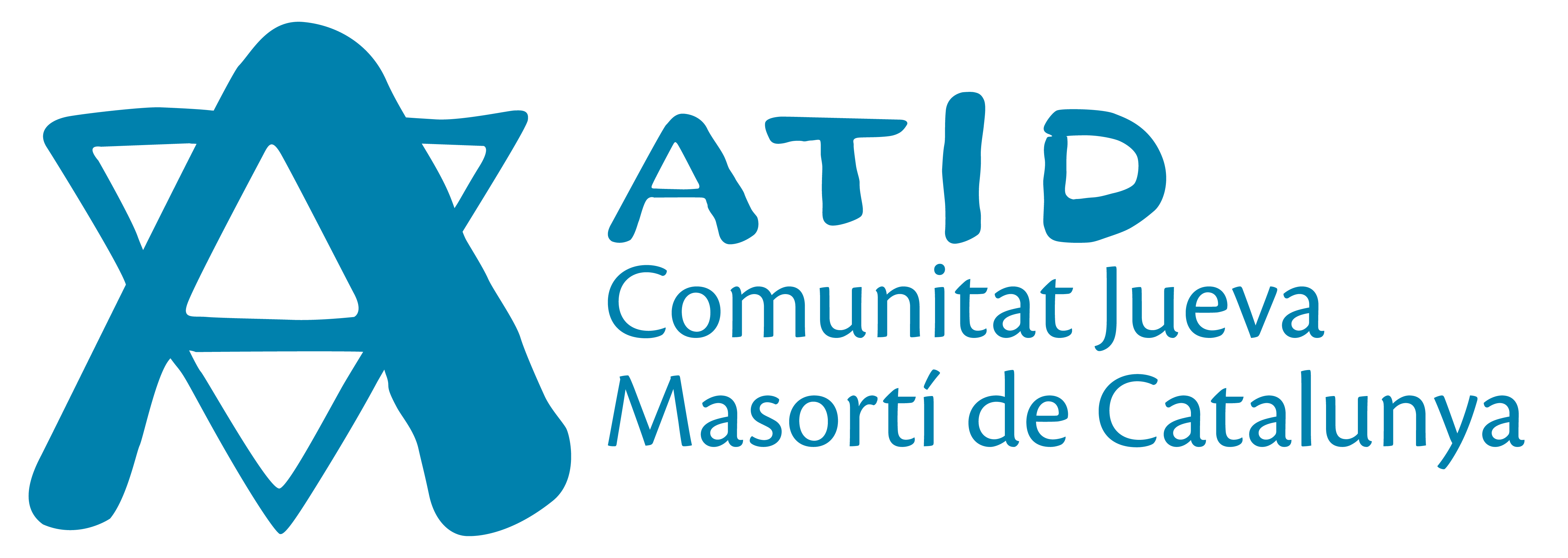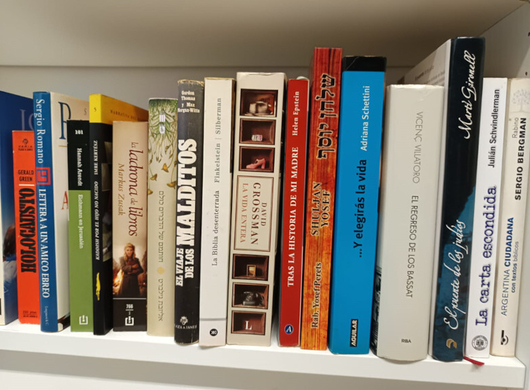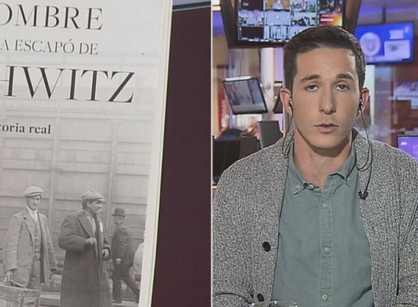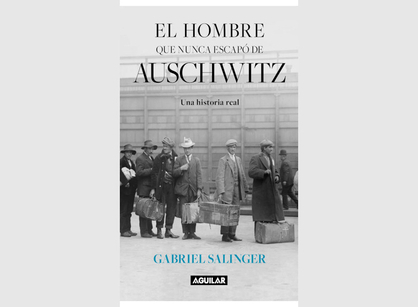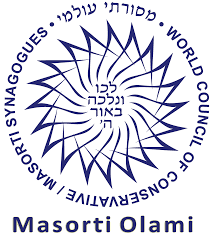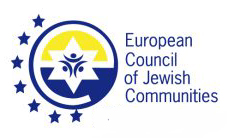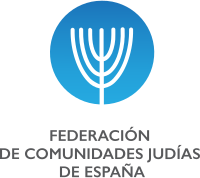Parashat V'Zot HaBracha
Deuteronomy 33-34
This Shabbat is Shemini Atzeret, the concluding Yom Tov of the Sukkot holiday. We read Deuteronomy 14:22 -16:17 which includes the topics of:
tithing crops, remission of loans during the Shemitah year, to be warm-hearted and open handed to the destitute, Jewish bondsman, Passover, Shavuot, Sukkot, going to Jerusalem for Shelosh Regalim, the three pilgrimage festivals - Passover, Shavuot, Sukkot - with offering to celebrate the festivals.
Sunday, October 15th, is Simchat Torah. We read V'Zot HaBracha to complete the Book of Deuteronomy and thus the whole Torah. This Torah portion begins with the blessing of Moshe, right before he dies, for the Jewish people and each tribe. Then Moshe ascends Mt. Nebo, where the Almighty shows him all of the land the Jewish people are about to inherit. He dies, is buried in the valley in an unknown spot, and the Jewish people mourn for 30 days. The Torah then concludes with the words, 'Never again has there arisen in Israel a prophet like Moses, whom the Almighty had known face to face ...' and then we start again the yearly cycle of reading the Torah with the reading of Bereishis, Genesis!
The Torah states regarding helping the poor: 'You shall surely open your hand unto him and shall surely lend him sufficient for his need which he lacks.' (Deut 15:8) What are the details of this mitzvah, commandment? We are told that we must give charity to a poor person. What if the person doesn't want to take it? Rashi, the great commentator, tells us to then give the person the money as a present or a loan. It is a positive commandment to give charity to the needy with happiness and a good heart. The mitzvah of giving tzedakah (charity) does not only apply to giving aid to the poor. To aid a wealthy person when he needs assistance is also a fulfillment of the mitzvah of tzedakah. Furthermore, whenever you give pleasure to others, whether it be through money, food, or comforting words, you fulfill this mitzvah. The Rambam (Moshe Maimonedes) writes that he never saw or heard of a city in which there lived ten Jews that did not have a charity fund (Hilchos Matnos Aniyim 9:3). The word the Sages used for charity is tzedakah, which literally means 'righteousness' or 'justice.'
This term illuminates the Torah's concept of charity. It is not merely a charitable act to give to the poor; it is the obligation of every single person to do the right thing, the just thing.

